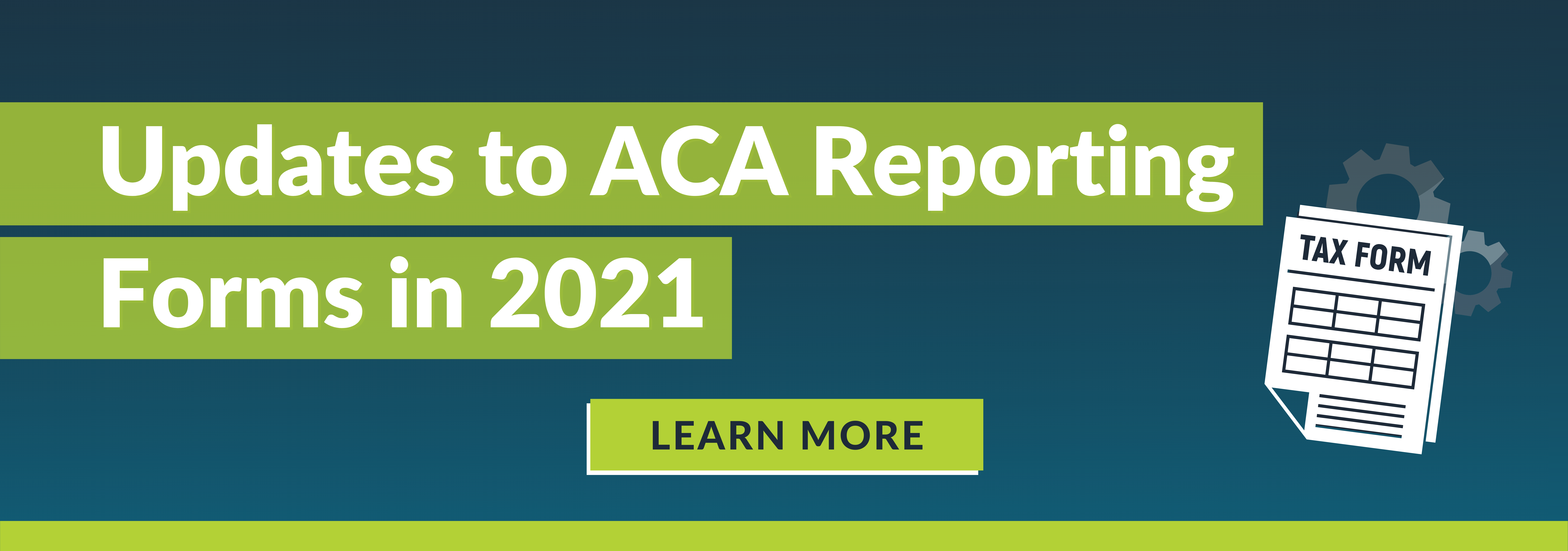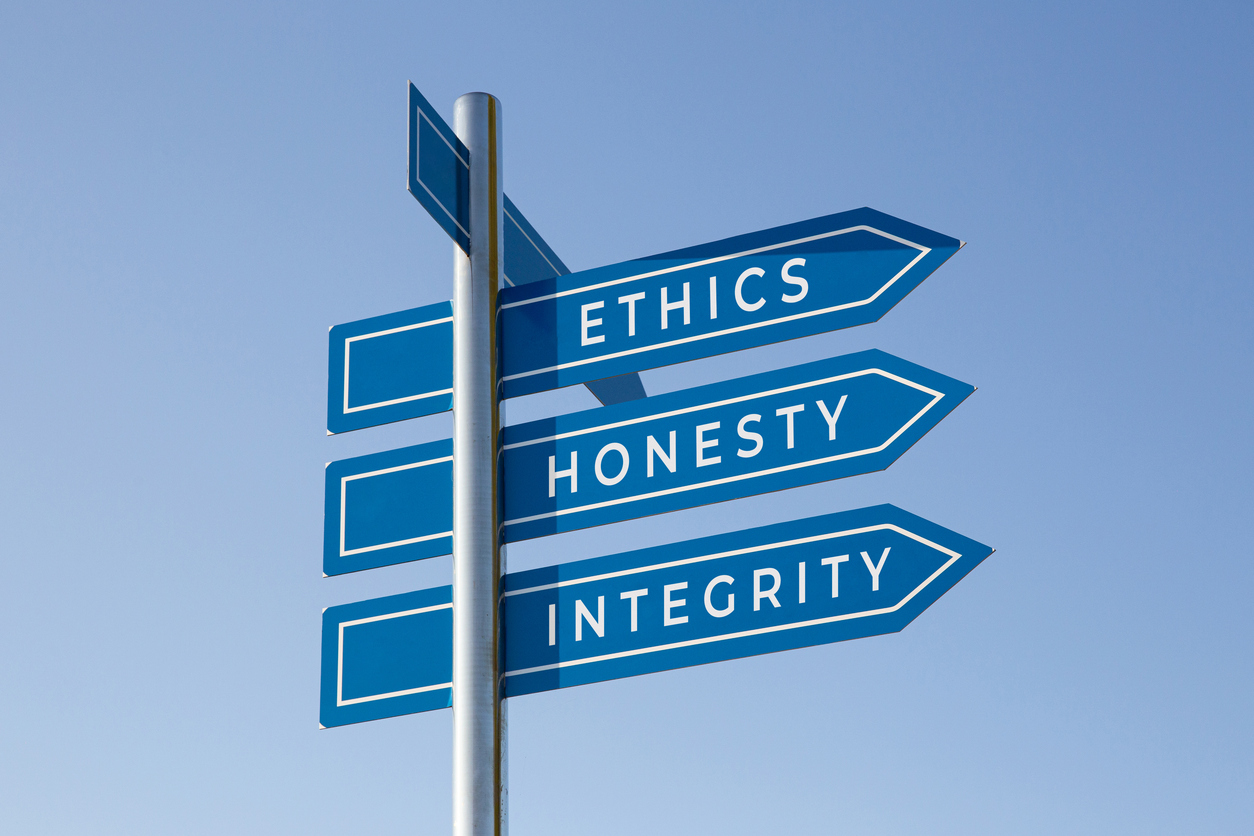
Written by
Lauren Brown
Lauren is an aPHR®-certified member of the Marketing team at Bernard Health. She writes about healthcare insights, employment law, and HR solutions.
How to Maintain Compliance with Background Checks

Background checks can be helpful for organizations to avoid potentially hazardous situations for their employees and protect themselves from lawsuits that may follow. However, there’s a lot of compliance red tape that comes with background checks. Should employers conduct background checks and if so, what should employers be careful of?
Defined: What is a Background Check?
A background check for employment is an investigation into an employee’s history and background, including things like previous employment, credit, education, criminal records, and license record checks.
Are Employment Background Checks Legal?
According to the Equal Employment Opportunity Commission (EEOC), employers are legally allowed to ask applicants about their background or conduct a background check. However, they cannot ask questions related to medical or genetic information.
The EEOC states that “the employer cannot conduct background checks or use the information obtained in a manner that denies equal employment opportunity to anyone on a protected basis, by intent or by unlawful disparate impact.” Therefore, it’s illegal to use background checks to make decisions of employment based on a person’s race, national origin, sex, religion, disability, genetic information, or age.
When using a third-party service to conduct background checks, employers also must abide by the Fair Credit Reporting Act, which is enforced by the Federal Trade Commission (FTC). Employers are required to tell applicants or employees that they’re conducting a background check in writing, and the employee or applicant must agree, according to the FTC. If your organization gathers credit or criminal background reports you are required to tell the applicant that you might use the information to make a hiring decision.
Should Employers Conduct Background Checks?
Employers are not required by federal law to conduct background checks on new hires, but many choose to do so as a safeguard against claims of negligent hiring. This is especially true for some industries with more hazardous conditions like commercial vehicle operation, where a background check might reveal a history of reckless driving or license revocation.
Some states, however, have legislation in place that requires employers to conduct background checks on employees. With this in mind, employers should review the laws of your state and municipality regarding background checks to make sure that you’re in compliance with local standards.


Written by
Lauren Brown
Lauren is an aPHR®-certified member of the Marketing team at Bernard Health. She writes about healthcare insights, employment law, and HR solutions.
Related Posts
Yes, you can use a health savings account, or HSA, for cosmetic surgery, but only in...
According to the KPMG 2023 CEO Outlook, 64% of business leaders believe there will be a...
Thomas J. Peters, best known for his book In Search of Excellence, once stated, “The day...
According to the Ethics and Compliance Initiative’s (ECI) 2023 Global Business Ethics...






Submit a Comment